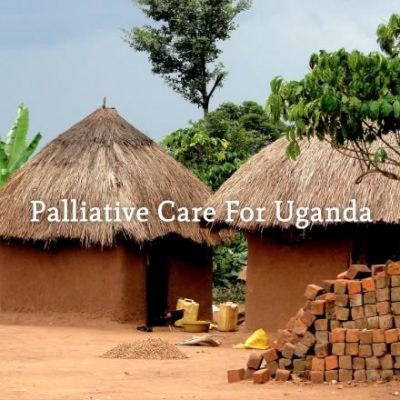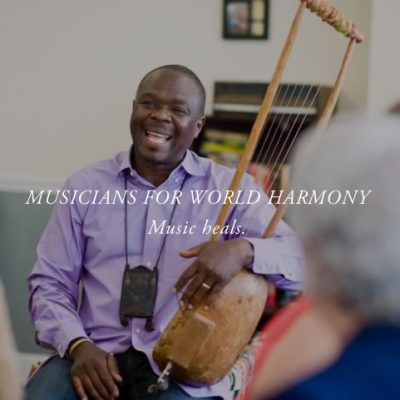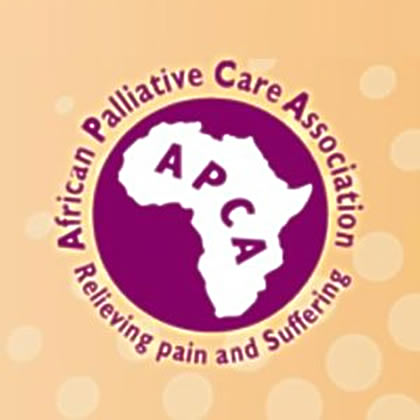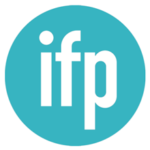
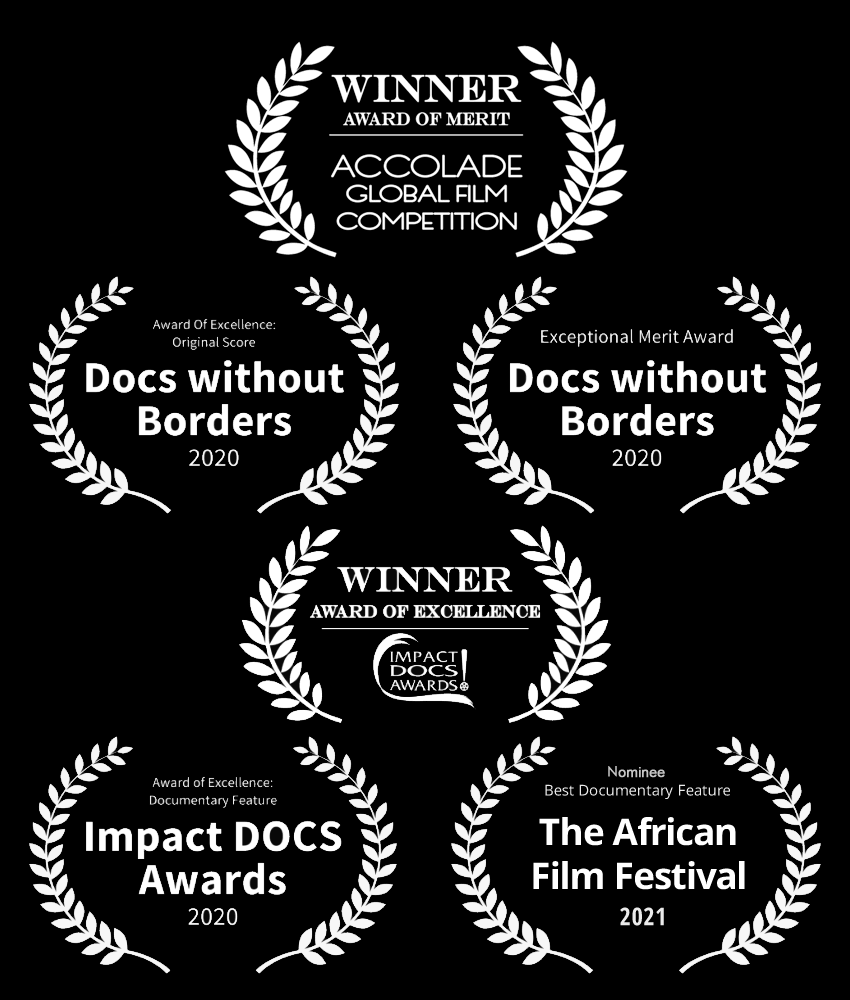
Oli Otya? is now available for virtual screenings and post-screening Q/A panel discussions with the filmmaker and the US medical team.
Watch Film Trailer
A Journey into the Heart of Medicine
Oli Otya? Life and Loss in Rural Uganda tells the story of a team of nurses from a small hospital who travel to the villages to care for people facing life -threatening illness. Naggalama, Uganda is less than 25 miles from Kampala, the capital, but in many ways, it is a million miles away. Families depend on the harvest; children fill cans of water at the pump; and food simmers on open fires. Villagers frequently turn to traditional healers, herbalists, and bone setters, hoping to ease their suffering. Nurse Prossy Nafula and her team bring medical supplies and liquid morphine to patients in the community. They are accompanied by American physician volunteers: Randi Diamond, a palliative care specialist at Weill Cornell Medical Center in New York, her husband, Howard Eison, an internist in private practice, and Jemella Raymore, who trained with Randi. The intimacy of medical care is a window into the lives of the people we meet, the challenges of integrating Western medicine into local practices, and pain relief as a basic human right.
The team crowds into a hospital van to visit patients. Julius, a paralyzed man, is weaker since the team last saw him, but he believes that he will heal and leave his bed to feel the sun on his face. Robina, a woman with cervical cancer, has 11 children and worries what will happen when she is no longer there to care for them. A young man with Huntington’s Disease, David, is cared for by his mother who believes his jerking motions and screams are caused by demons. And we meet Postiano, a man who decides not to sell his bicycle to pay for cancer treatment because his children would no longer have a way to get to school.
Moments of sadness are juxtaposed with hopeful ones. Asiya, a young girl who was bedridden, takes her first steps with a walker. Fatuma thanks the team with a gift of a chicken, and children play circle games outside the staff quarters. Despite the fragility of the patients’ lives, there are moments to savor.
Evening reflection sessions with the U.S. team capture some of the difficulties in trying to adapt their ways to the culture of rural Uganda. “You are thinking too linearly,” a Ugandan clinical officer tells them. “You have to think in stories, understand stories.” Through the lens of their experience, Oli Otya? explores how faith, culture, and belief frame how people understand illness and how they care for each other when options are few. It is the story of a cross-cultural partnership in care, an example of global health on the ground level.
“The essence of medicine, whether traditional or Western, is grounded in the personal connections between health workers- doctors, nurses, and others on the team- and the people whose lives are in their care.”
Director's Statement
Oli Otya? is a journey into the heart of medicine, where compassion and comfort fill the gap left by the absence of accessible healthcare. The film illuminates a culture that is virtually invisible, a culture that relies on human kindness, spirituality, tradition, and where suspicion of Western medicine is pervasive. Our focus is on the people of this community, about the ebb and flow of life touched by life threatening illnesses.
My approach to this project evolved over the two summers I spent in Naggalama. I arrived in July 2016 with Jarred Alterman, the DP, prepared to focus on the work of Drs. Randi Diamond and Howard Eison, a husband and wife team of palliative care physicians from New York. As I walked around the hospital grounds that first day, I saw that the world of the hospital- patients cared for by their families, women pumping water to wash bed linens, the nurses and staff– were characters as well, and it was this world that I wanted to convey in my film. In rural Uganda, I became a participant observer; the film reflects this immersive approach- Oli Otya? is told through the voices of the people we meet.
I was honored to work with Samite who composed the original soundtrack for the documentary. I first heard his music in Uganda. Samite is a Ugandan refugee now living with his wife on a farm in upstate New York. Samite is recognized internationally for his indigenous compositions and as the founder of Musicians for World Harmony which promotes music as a means of healing.
On the second trip, I traveled with my Ugandan crew to explore the world of traditional healers. We visited an herbalist and a bone setter and spoke with some of the villagers who sought care from them. The crew became my cultural guides, and as Luganda speakers, the families and health care workers we filmed welcomed them.
Oli Otya? is a story of collaboration across cultures. The patients and families who gave us permission to film have much to offer about how they care for one another as they experience illness, the limits chronic disease places on their lives, and the end of life. The documentary raises timely issues about our responsibilities to one another, access to healthcare, and relief from pain and suffering as a basic human right. The struggles are personal, but they resonate universally.
Ultimately, the essence of medicine, whether traditional or Western, is grounded in the personal connections between health workers– doctors, nurses, and others on the team– and the people whose lives are in their care.

“Compassion, fortified by clinical wisdom, modesty, and morphine, still exists in the world and in the most unlikely of places.”
— Professor Robert Abrams, MD, BMJ Medical Humanities Blog
Meet the Characters
Oli Otya? is told through the voices of the people we meet.
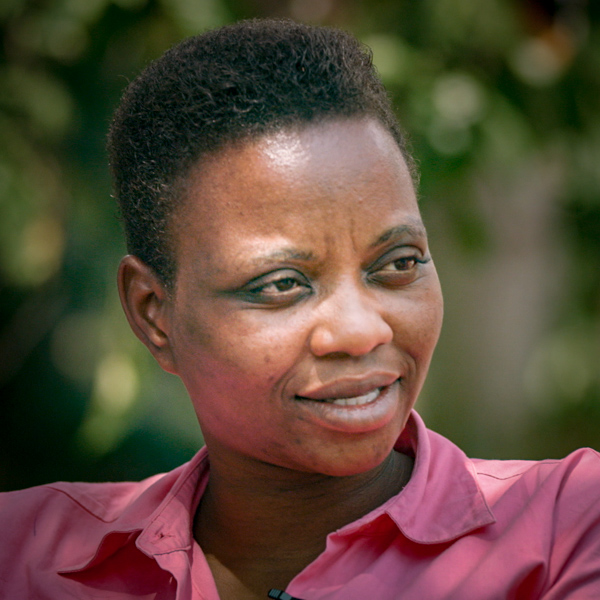
Nafula Prossy
Palliative Care Nurse, Naggalama, Uganda
Nafula Prossy has diplomas in nursing and palliative care. She joined the hospital in 2007 and has led the palliative care team since it started in 2013. She lives with her young children in the staff quarters of the hospital. Her husband is a construction worker in Kampala.
“I have passion for patients. In palliative care we look at the whole person. I hate seeing a patient in pain when I can do something to control that pain.”
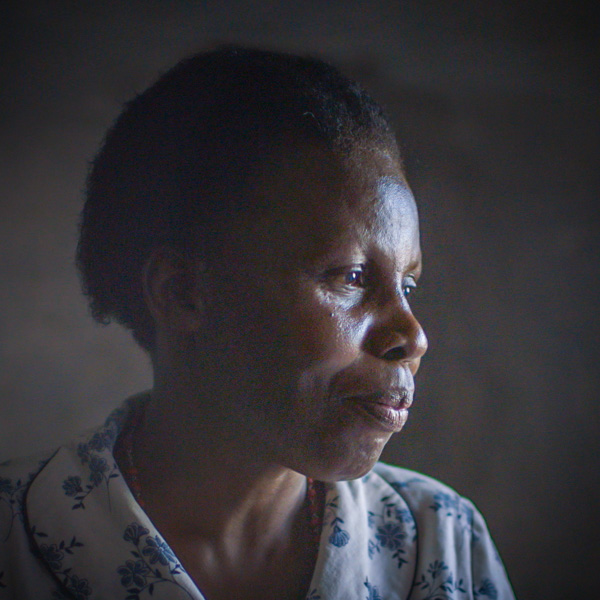
Nabayise Immaculate
Palliative Care Nurse, Naggalama, Uganda
Nabayise Immaculate (Immy) grew up in Naggalama and trained as a nurse. She is the pastoral counselor on the team.
“We give hope to our patients through the visits we make to their homes. There are many people who need to be comforted while they are ill. I will take care of them until God decides it’s their time.”
![IMG_2928[1]-2-2 IMG_2928[1]-2-2](https://www.oliotyafilm.com/wp-content/uploads/2020/06/IMG_29281-2-2.jpg)
Nalwoga Teddy
Assisting Nurse, Naggalama, Uganda
Nalwoga Teddy is an assistant nurse on the team. She helps with vital signs, medication, and other supplies for the patients.
“We will come and be with you.”
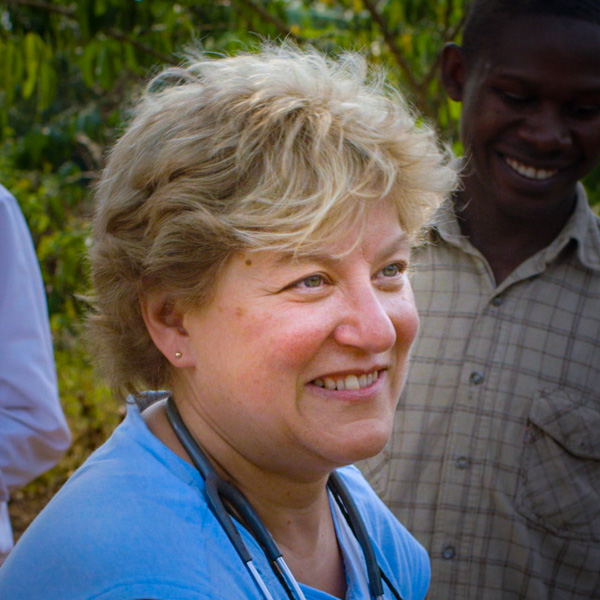
Randi Diamond
Palliative Care Specialist, New York
Dr. Randi Diamond is a palliative care physician at Weill Cornell Medical College in New York. She first visited Uganda in 2009 and returned in 2013 to help develop palliative care services in Naggalama. She returns several times a year to work with the team.
“When you’re here, you don’t have all the technology and all the tests. You’re touching the essence of medicine. It’s very much about talking to your patients and examining your patients.”
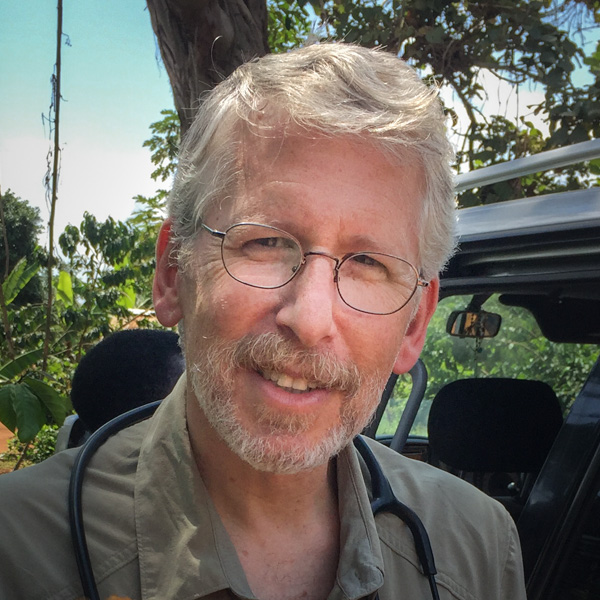
Howard Eison
Doctor of Internal Medicine, New York
Dr. Howard Eison is an internist in Connecticut. He’s also Randi’s husband. They met in medical school and married right after graduation.
“Global health is complicated. You have no guideposts. You don’t have the CAT scan which gives me great security, or the blood test. And especially in palliative care with so much emotion going on, you need language, a way to understand what the patient is feeling.”
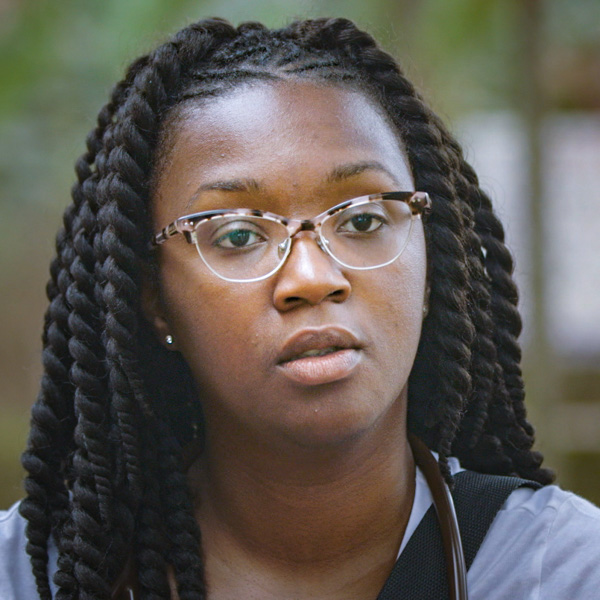
Jemella Raymore
Palliative Care Physician, New York
Dr. Jemella Raymore is a palliative care physician in New York who trained under Randi. This is her first time traveling to Africa.
“It’s been a struggle with this idea of how we do more here with such limited resources. But you have to be realistic about where you are and what you are able to do.”
Production Team
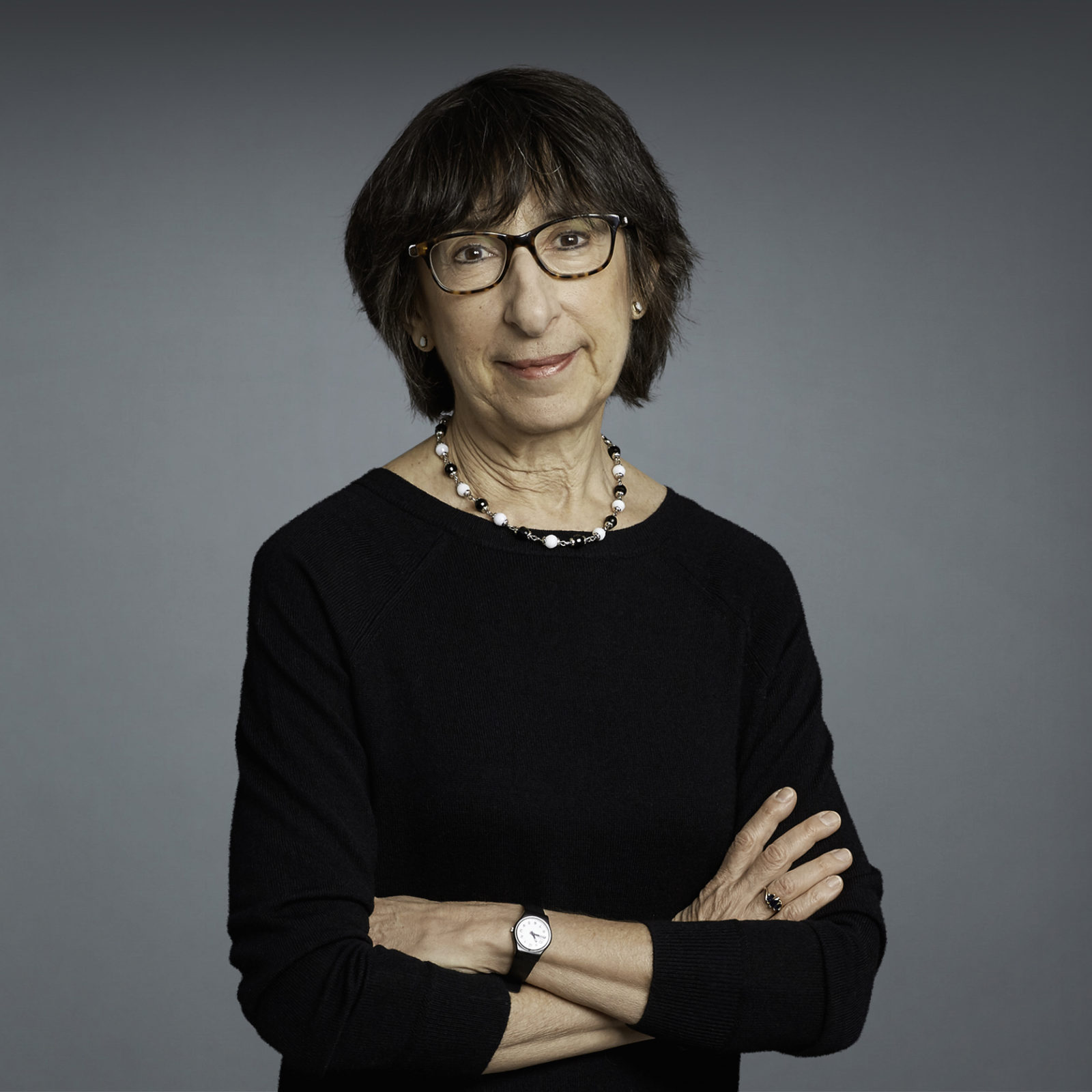
Lucy Bruell
Producer/Director
Lucy Bruell directed “Speaking with Music,” “Beyond the Practice Room,” and “On A Personal Note,” feature documentaries on young classical pianists that aired on public television. She was a producer/reporter for Newsweek Television and directed segments in Egypt and Greece for China Central Television’s series, “One World.” “A Visit with the Big Apple Circus Clown Care Unit,” narrated by Paul Newman received a Grand Award at the New York International Film and Video Festivals.
Lucy is a recipient of multiple grants including support from the National Institutes of Health, the 911 Children’s Fund, and the Littauer Foundation. She received an M.S. in Journalism from Columbia University where she was the William Wood Research Fellow in Broadcast Journalism. She is an Instructor in the Division of Medical Humanities at the NYU Grossman School of Medicine.
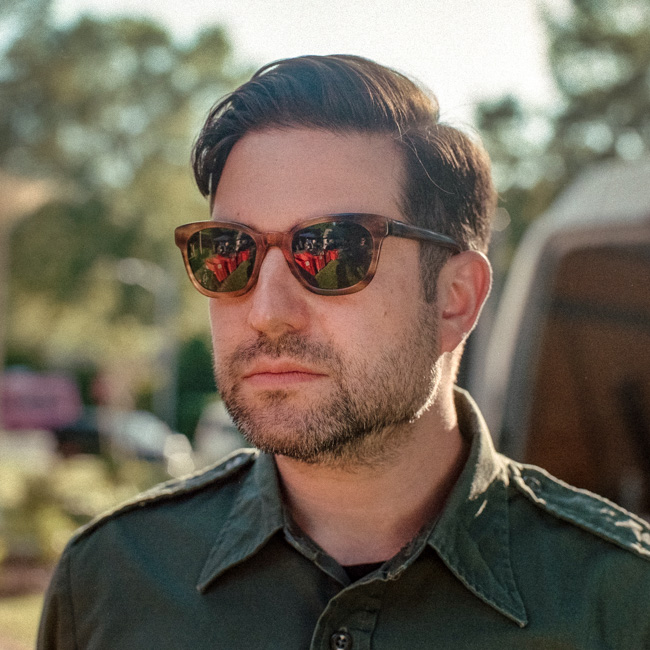
Jarred Alterman
Director of Photography
Jarred Alterman is an award winning cinematographer and filmmaker who has worked in documentary, music and arts-related projects for over twenty years.
He won best cinematography at Tribeca for Contemporary Color, featuring David Byrne. Last year he lensed two films that were NY Times critics picks: Bisbee ’17 and The Proposal.
He produced and lensed Walled Unwalled dir. by aural investigator and political artist Lawrence Abu Hamdan, which played at New York Film Festival and won a Turner Prize at the Tate Modern.
He has shot films for Charles Atlas and the Merce Cunningham Dance Company, filmed Arcade Fire on the Everything Now tour and continues to shoot for Art:21 on PBS.
This year’s credits include Michelle Obama’s Becoming, NY Times: The Weekly on Hulu and the reboot of Unsolved Mysteries on Netflix.
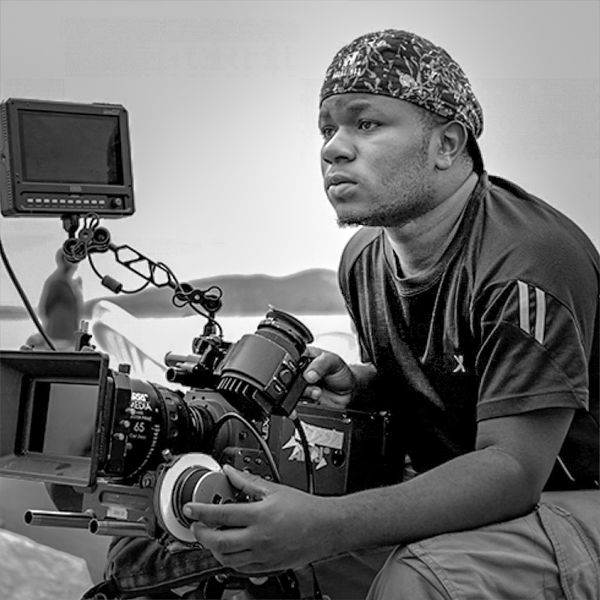
Ali Musoke
Director of Photography
Ali Musoke is a feature and documentary DP based in Kampala, Uganda. He was the DP and a Producer on “N.G.O. Nothing Going On” which won best feature film at the Mashariki African Film Festival and earned a special jury mention at the Cartage Film Festival in Tunisia. His documentary portfolio includes projects for HBO, National Geographic, Vitamin Angels, and Save the Children. He was also a camera assistant on Mira Nair’s feature “Queen of Katwe.”
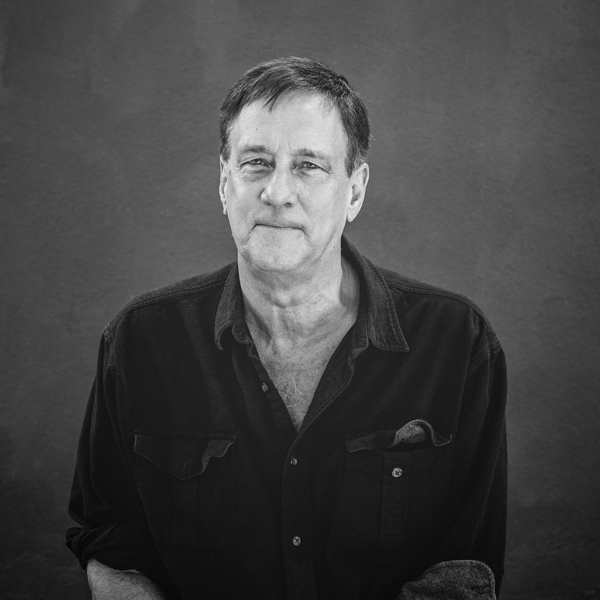
Jay Miracle
Editor
Jay Miracle, Editor, won a Primetime Emmy and the American Cinema Editors’ Award for “Hearts of Darkness, A Filmmaker’s Apocalypse.” He was an Editor/Writer on such projects as: “20 Feet from Stardom” and “Spirit Game,” and he was an additional Editor on the ITVS program: “Meet the Patels.” Jay co-directed and edited a feature on Norman Cousins: “The Healing Force,” and has written and/or edited several TV Specials, including “Diamonds” (on New York diamond dealers, and “The Colonel Comes to Japan,” on Kentucky Fried Chicken in Japan, which won an Emmy for Best Documentary). Jay produced, directed and wrote “The Imposters,” the Discovery Channel documentary which was nominated for a Primetime Emmy. He co-produced and was the sound recordist on the feature documentary “The Gates of Heaven” with Errol Morris.
Photography by Adam Battaglia
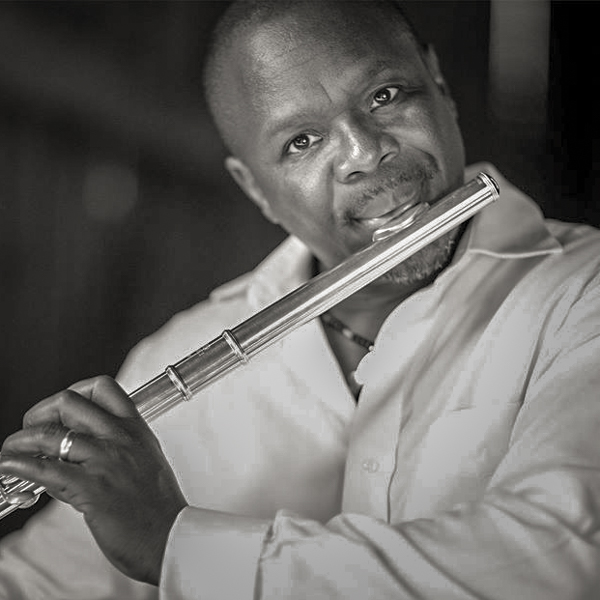
Samite Mulondo
Composer
Samite is a world- renowned musician, performer, and humanist. Now living on a farm in upstate New York, Samite is a Ugandan refugee who travels the world to spread the healing power of music. He is the subject of the documentary, “Song of the Refugee,” distributed by PBS in 1998. Samite has released nine CDs internationally and in 2009, the film “Taking Root: The Vision of Wangari Maathai,” which features his original score, debuted nationally on PBS. More recently Samite collaborated with the filmmakers of “Alive Inside,” an award-winning documentary on the power of music to awaken the memories locked away in patients with Alzheimer’s disease and dementia.
Website: www.samite.com
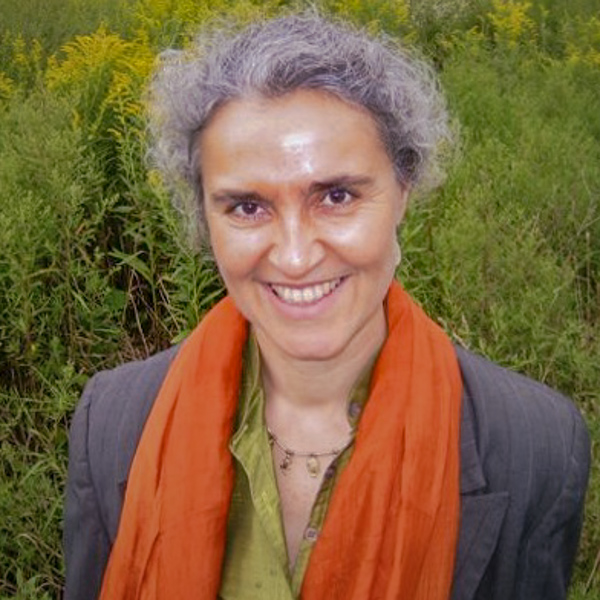
Pola Rapaport
Editor
Pola Rapaport is a writer, director, and editor of many award-winning films. Her work-in-progress is “Marike: Death and the Racer,” about a Belgian Paralympic athlete planning euthanasia. Recent work includes “Nadia Comaneci: The Gymnast and the Dictator,” “Hair: Let the Sun Shine In,” “Family Secret,” the story of the discovery of the filmmaker’s secret Romanian brother, and “Blind Light,” a hybrid documentary/drama of a photographer’s peak experience in an Italian villa, starring Edie Falco.
She is the editor of several feature documentaries, including “Museum Town,” which premiered in 2019 at SxSW and “Grace Paley; Collected Shorts.” She also edited SxSW Winner, “A Woman Like Me,” about facing a terminal disease, and Kathy Leichter’s “Here One Day.”
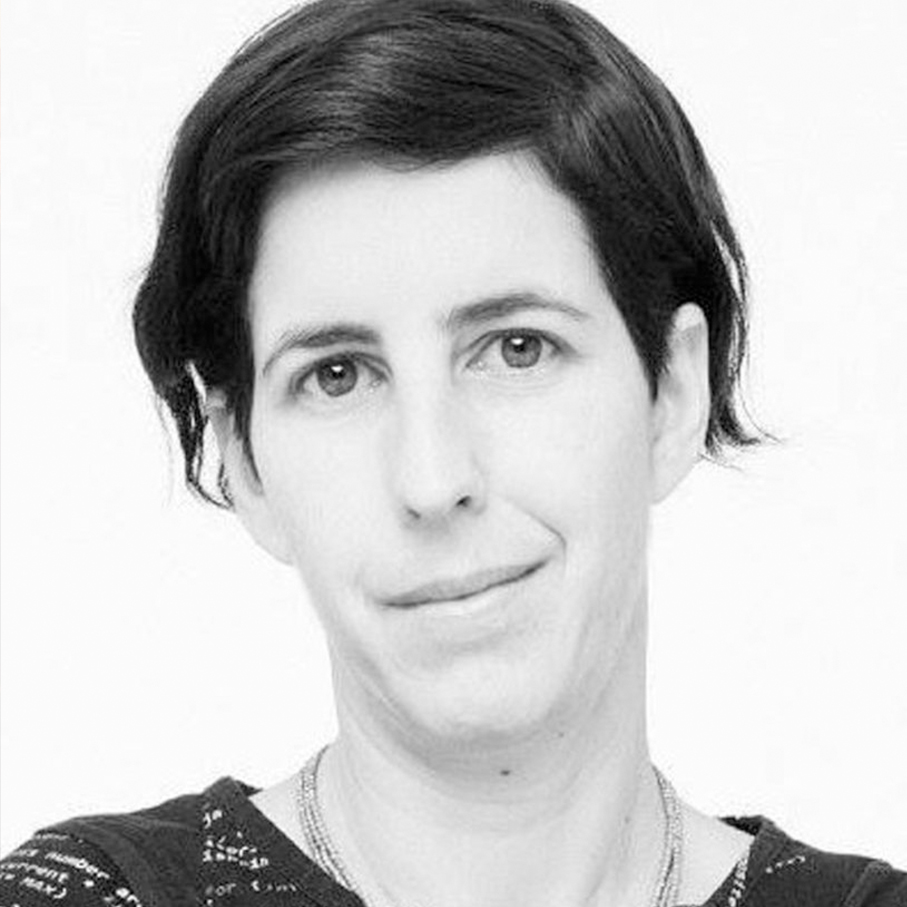
Zohar Kfir
Creative Producer
Zohar is a media artist, editor, and cinematographer. She is a graduate of New York University’s Interactive Telecommunications Program (ITP). Her latest work, “Testimony,” is an interactive documentary for virtual reality that shares the stories of survivors of sexual assault and their journey to healing. It premiered at Tribeca Film Festival.
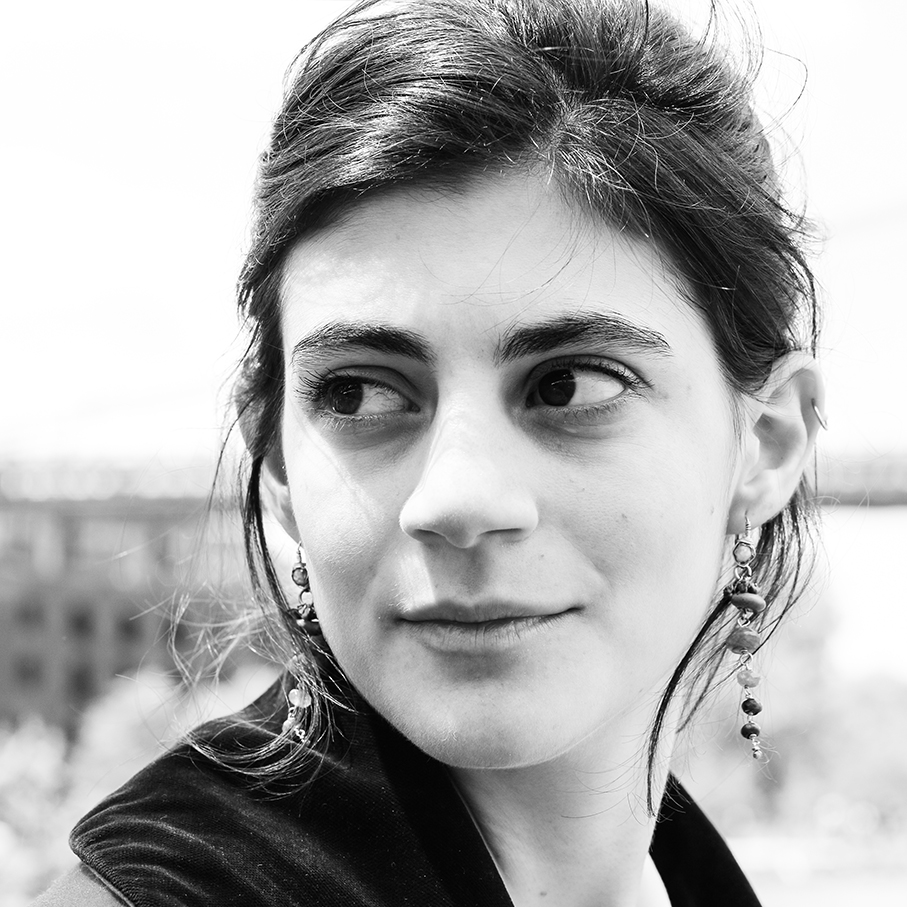
Gal Nissim
Art Director/Associate Editor
Gal Nissim is an interdisciplinary artist who bridges art, science, and technology to create interactive work that explores the dynamic relationship between nature, culture, and human-made environments. Nissim received her master’s degree from the Interactive Telecommunications Program (ITP) at NYU Tisch School of the Arts.
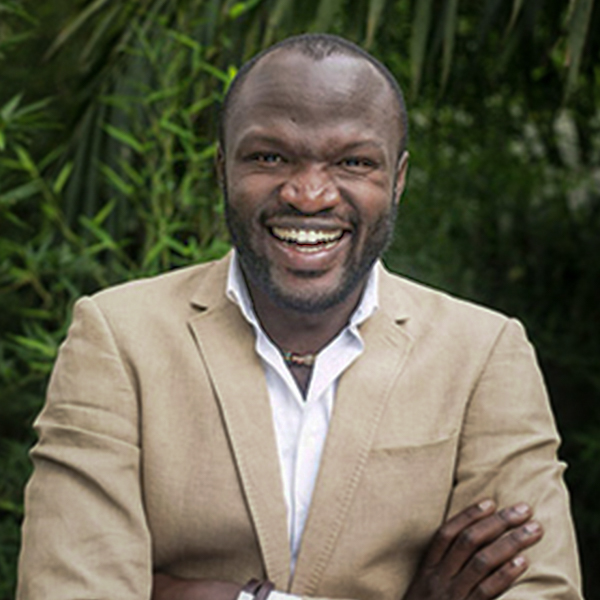
Moses Bwayo
Sound Recordist
Moses attended Kampala Film School. He worked in the sound department of the Disney film “Queen of Katwe” directed by Mira Nair and was the sound mixer for “Kyenvu” (Kemiyondo Coutinou, 2017). In 2015 he produced the feature film “N.G.O. Nothing Going On” (Arnold Aganze, 2015). Moses was also a production coordinator for Peripheral Vision International.
“The end game is to make you feel better in whatever time you have left.”
— Howard Eison, MD
Palliative Care in Uganda
Palliative care is a specialized branch of medicine that provides symptom control, emotional, psychological, and spiritual support for people suffering from life- limiting conditions. Although Uganda was the first country in Africa to designate palliative care as an essential clinical service, palliative care services are mainly found in the urban areas. The picture is radically different in the rural areas, where over 80% of the population lives. There, palliative care is considerably more limited – in many areas, non-existent. Access to medical care is a serious problem in a country where the patient-doctor ration is estimated at 1:11,000 and 70% of the doctors practice in urban areas. Without treatment, patients with advanced illness often endure serious pain and suffering.
St. Francis Naggalama Hospital, located in a rural area 35 km north of Kampala, is a model for rural areas across Africa. It started a rudimentary palliative care program in 2013 with a nurse, an assistant nurse, and a spiritual aide, who travel to the villages to bring much needed supplies, psychosocial support, and pain medication, including liquid morphine that the government provides free of charge to patients on the palliative care service. Oli Otya? Introduces us to the other side of the opioid crisis- pain relief as a human rights issue. It is a portrait of compassionate care in a low resource part of the world, one that will resonate across borders.
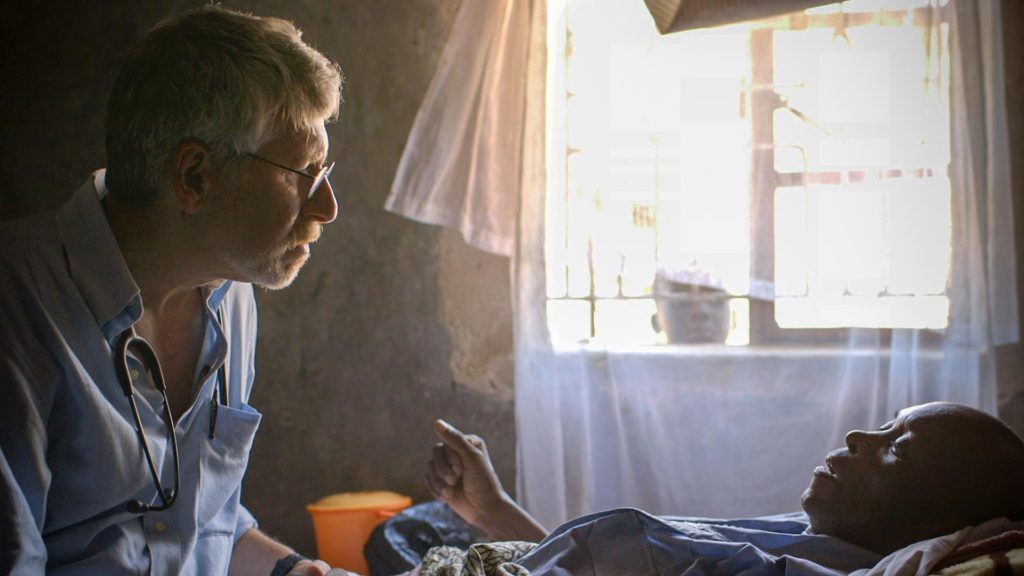
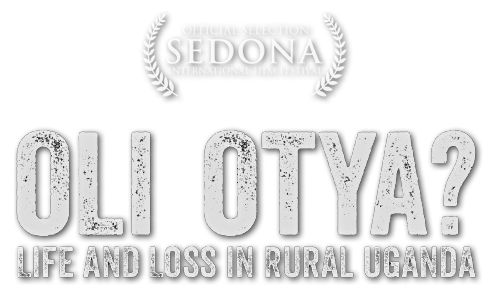
A Documentary Feature by Lucy Bruell
Original Music by Samite, Directors of Photography Jarred Alterman and Ali Musoke, Editors Jay Miracle and Pola Rapaport, Producers Jack Briggs and Lucy Bruell, Executive Producers Christian J. and Eva Trefz
RUNTIME 75 min | COUNTRY USA, Uganda | LANGUAGE English, Luganda
“Oli Otya? was a fantastic film to expose students to the voices of people working in the Ugandan health system, as well as their patients. It was wonderful to hear your insights and perspective on the work at Naggalama and the making of the documentary.”
— Elizabeth Robinson, MPH, MA, Program Manager, Global Health Initiatives NYU Grossman School of Medicine
Events and Reviews
June 2021
The African Film Festival–TAFF
Rootflix Viewers Choice Award
Nominated for Best Documentary
Nominated for Founders’ Best Story
September 2020
Accolade Global Health Film Competition
Award of Merit
March 2020
Docs Without Borders
Exceptional Merit Award
Award of Excellence: Original Score
February 2020
26th Sedona International Film Festival
World Premiere
We are pleased to announce our World Premiere at the 26th Sedona International Film Festival (SIFF26)
Sedona, Arizona.
Watch interview here
January 2020
Impact Doc Awards
Award of Excellence: Documentary Feature
Award of Excellence: Health / Medicine / Science
Award of Excellence: Original Score (Oli Otya? composed by Samite)
May 11 2021
Memorial Sloan Kettering Cancer Center: Palliative Medicine Fellows and Supportive Care Inpatient Services
May 6 2021
Global Palliative Educational Collaborative:
Tulane University School of Medicine
Harvard University School of Medicine
UCSF School of Medicine
March 11 2021
University of Miami: Lowe Art Museum Center for the Humanities School of Nursing and Health Studies Center for Communication Culture and Change
March 11 2021
Weill Cornell Medicine: Geriatrics and Palliative Medicine Grand Rounds
March 1 2021
Weill Cornell School of Medicine Introduction to Global Health elective
December 11 2020
University of Vermont Larner College of Medicine
October 19 2020
NYU Grossman School of Medicine
April 2021
Educational Media Reviews Online
A review by Karen Yacobucci
Head, Content Management & Library Outreach Strategist, NYU Langone Health
“Oli Otya provides a real-life glimpse into the unique challenges surrounding global healthcare in the modern world. In a location where inaccessibility to healthcare is pervasive, medical professionals are faced with a lack of access to modern technologies and testing that would otherwise be available in larger, wealthier countries and communities. These medical professionals often need to make do with what tools are available to them, while enlisting creative application of medicines and techniques to provide much needed relief for patients.”
Read More
June 2020
Oli Otya? A review by Jack Coulehan, MD, MPH
“Filmmaker Lucy Bruell has created a film that combines fine cinematography and engaging narrative to convey an enormously important massage. When medical treatment is no longer able to control a patient’s progressive disease, the principal goal of medicine remains –the relief of suffering.”
Read More
February 2020
The Essence of Medicine by Professor Robert Abrams, Weill Cornell Medicine
BMJ, The Medical Humanities blog
“The photography in Oli Otya? is brilliantly colorful, and the original musical score by Samite is both delicate and mesmerizing. But what is most moving about this film is its conviction that compassion, fortified by clinical wisdom, modesty, and morphine, still exists in the world and in the most unlikely of places.”
Read More
“Thank you all very much for giving us the opportunity to join you in presenting this incredible session to our global health community! This was one of the best global health Zoom sessions we have held by far. “
— Audree Frey, Global Health Coordinator
University of Vermont Larner College of Medicine
Resources
Palliative Care for Uganda
Drs. Randi Diamond and Howard Eison founded Palliative Care for Uganda wei to bring medical care, education and medical technology to rural Africa.
Musicians for World Harmony
Founded by Samite Mulondo, The mission of Musicians for World Harmony is to use the healing power of music to reawaken the humanity in the hearts of displaced and distressed peoples affected by aging, disease and war in an effort to promote peace, understanding, health and harmony.
The African Palliative Care Association
The African Palliative Care Association’s (APCA) mission is to ensure palliative care is widely understood, integrated into health systems at all levels, and underpinned by evidence in order to reduce pain and suffering across Africa.
Watch Interview
“The photography is brilliantly colorful, and the original musical score by Samite is both delicate and mesmerizing.”
Professor Robert Abrams, BMJ Medical Humanities Blog
Oli Otya? Photos
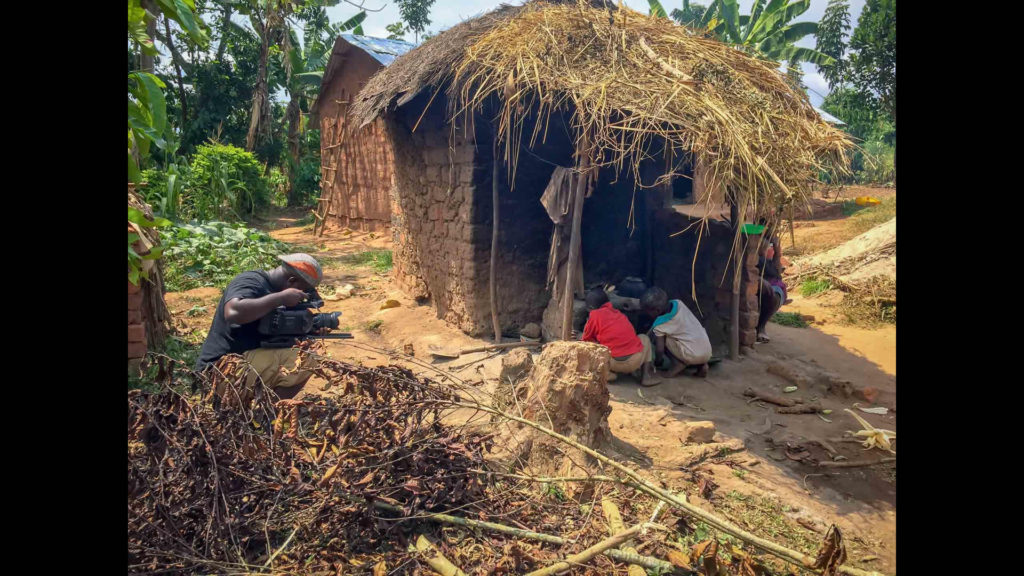
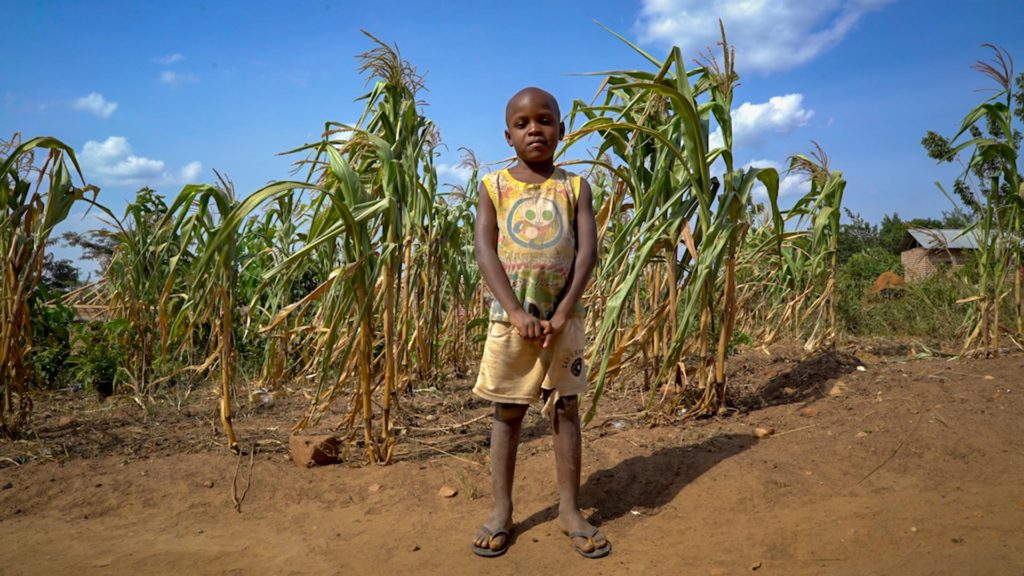
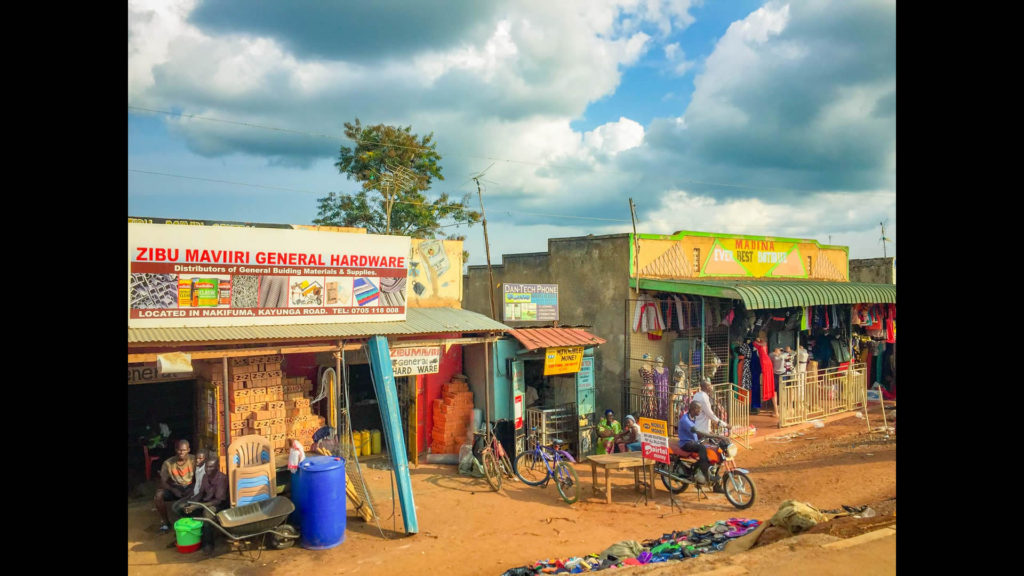
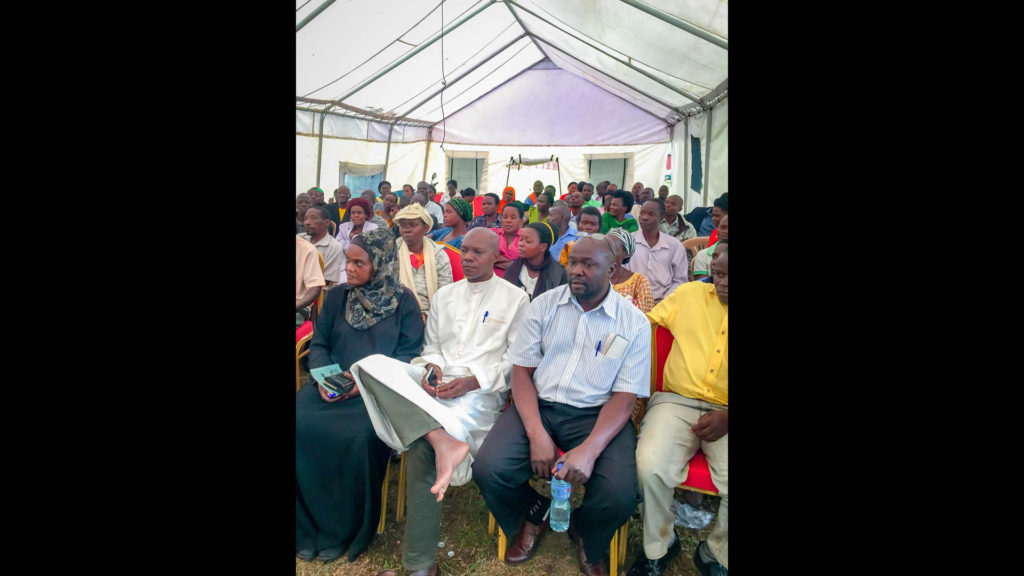
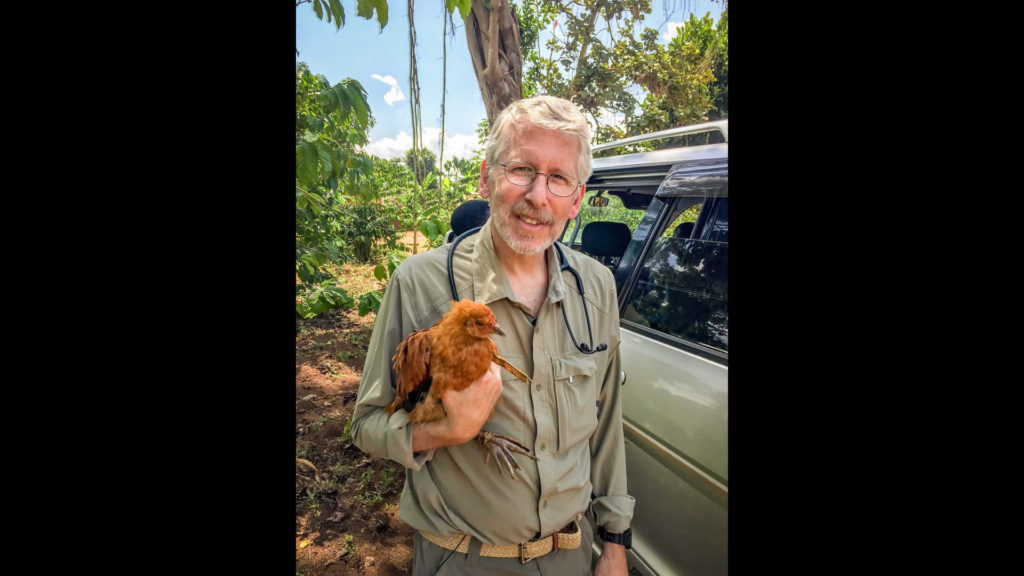
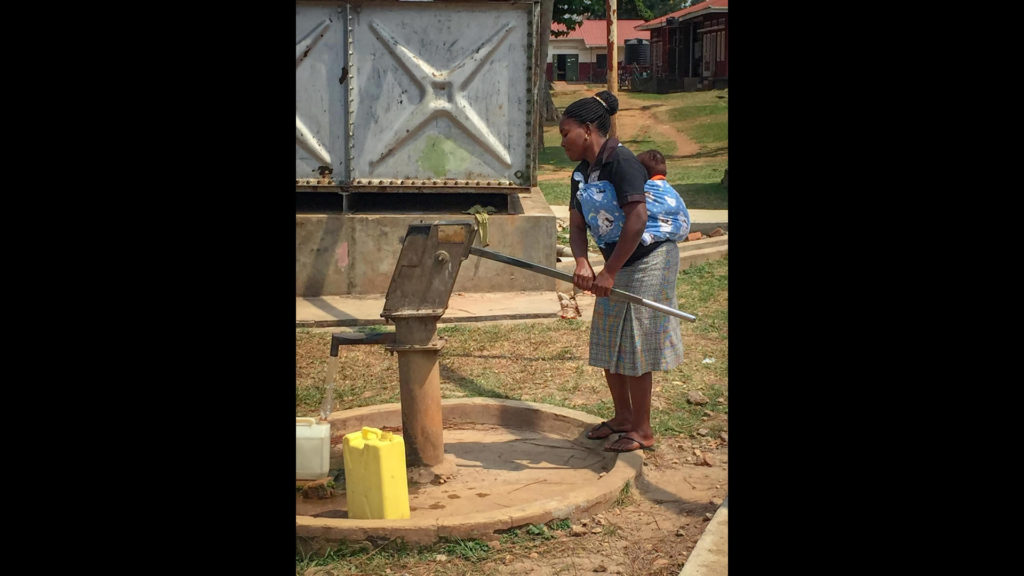
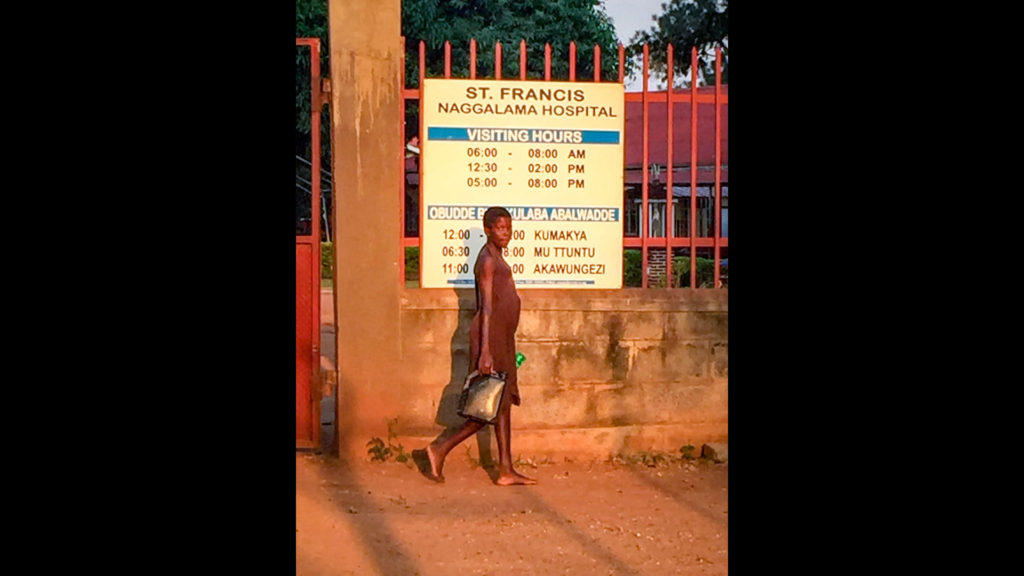
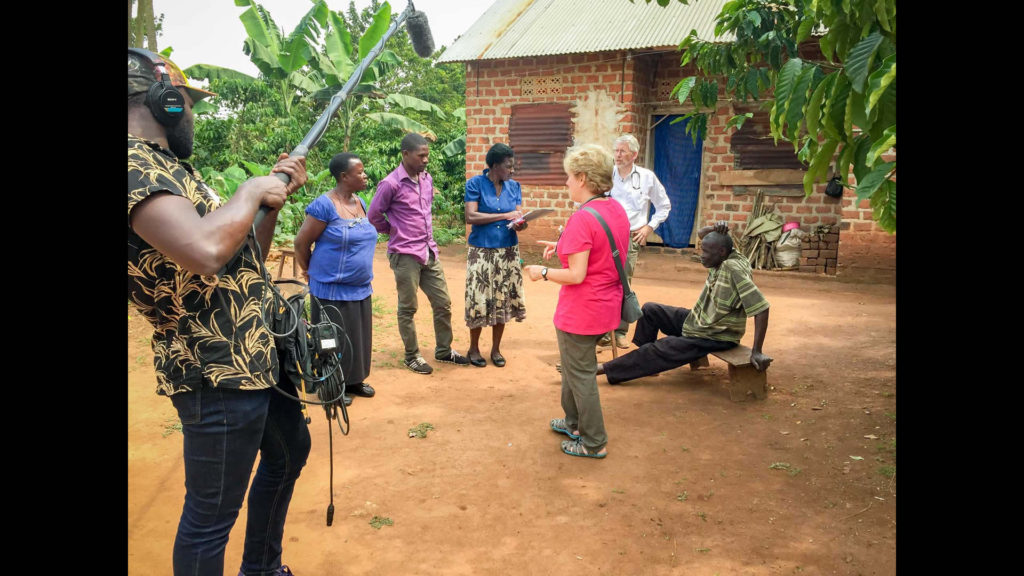
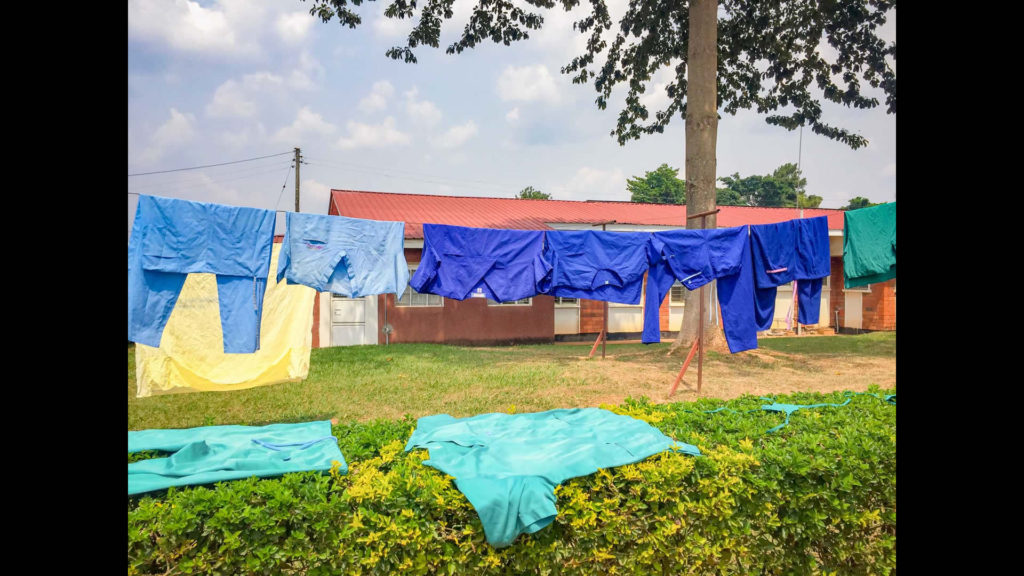
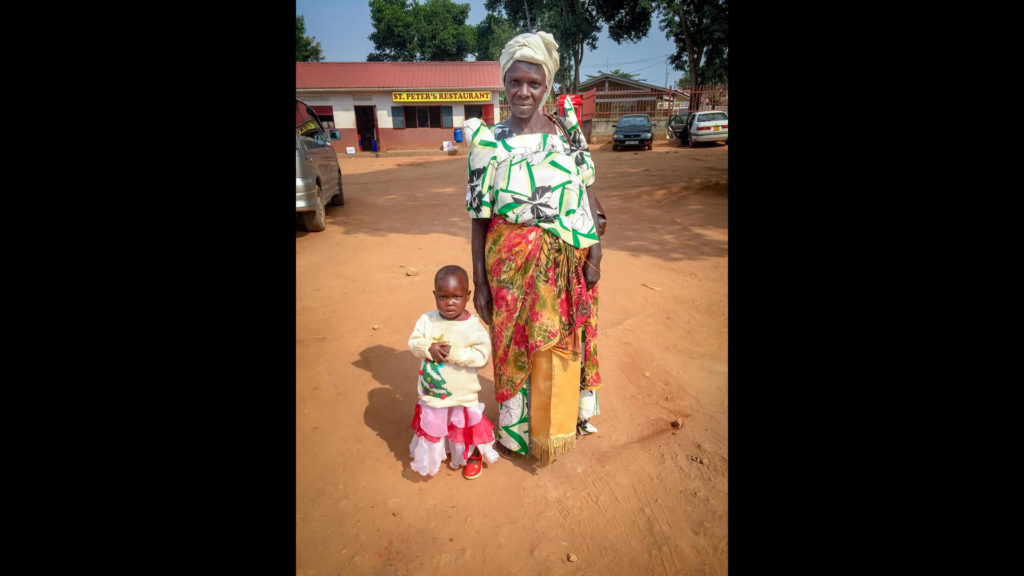
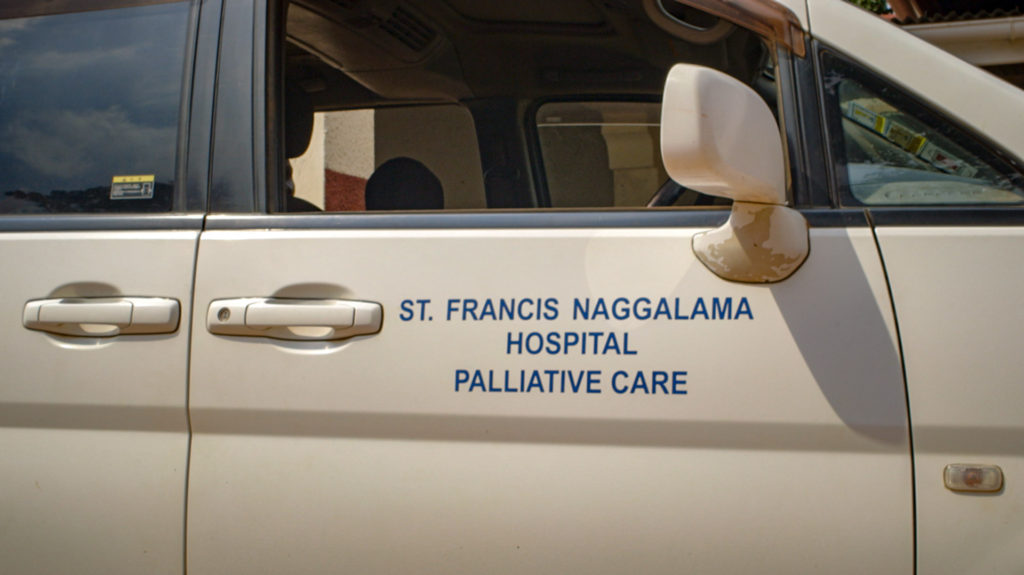
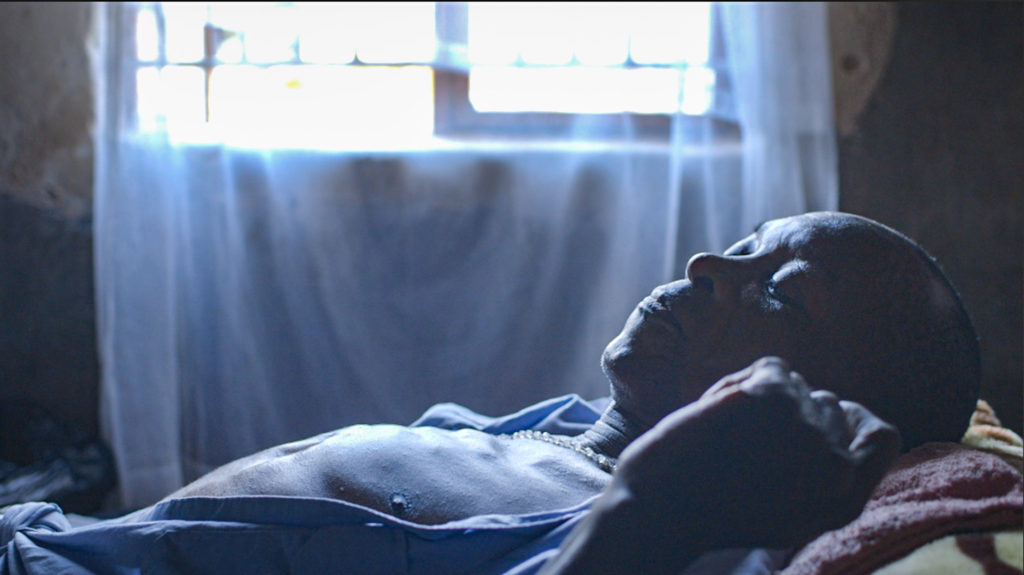
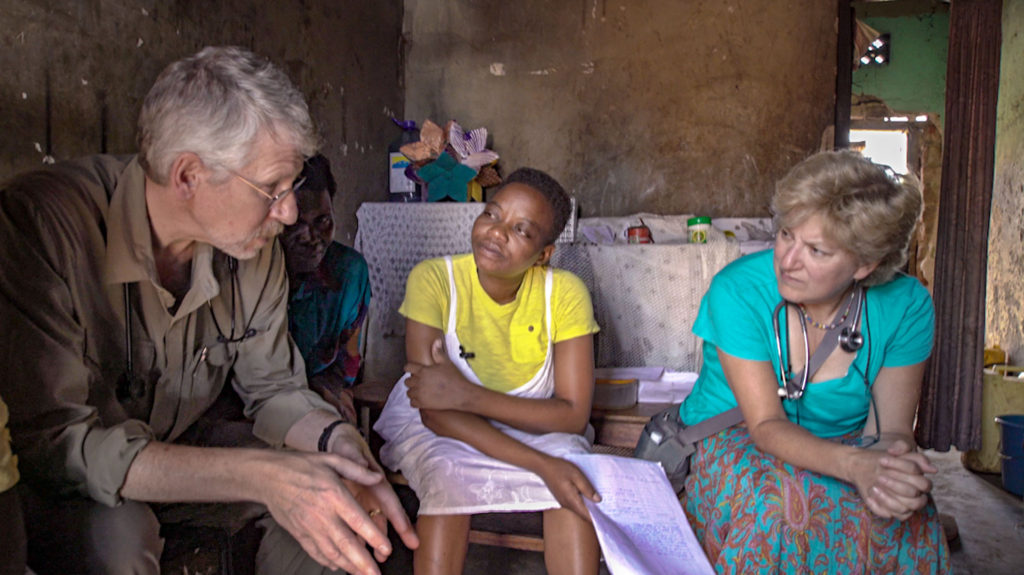
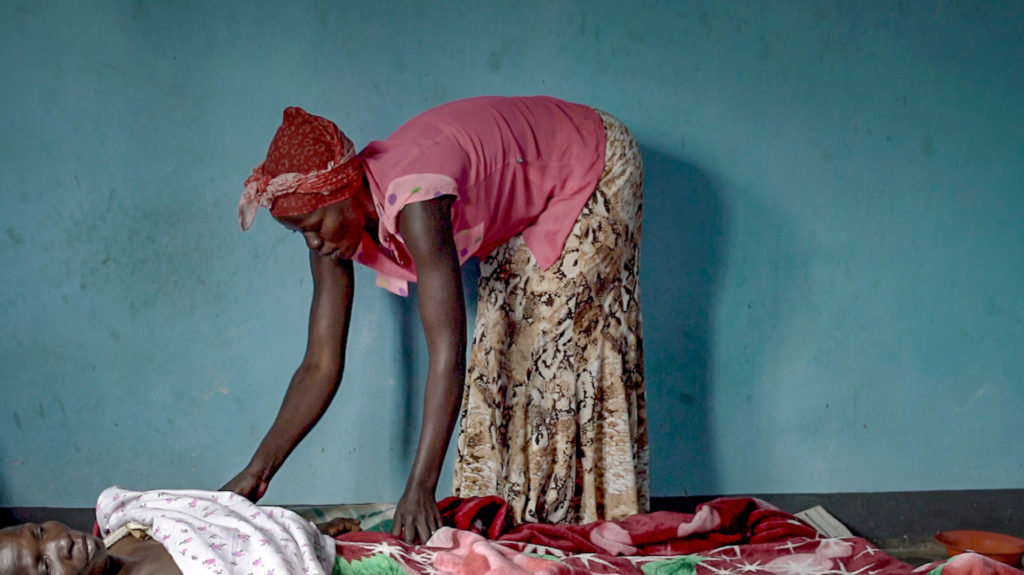
Oli Otya? Life and Loss in Rural Uganda is a sponsored project of Independent Filmmaker Project
